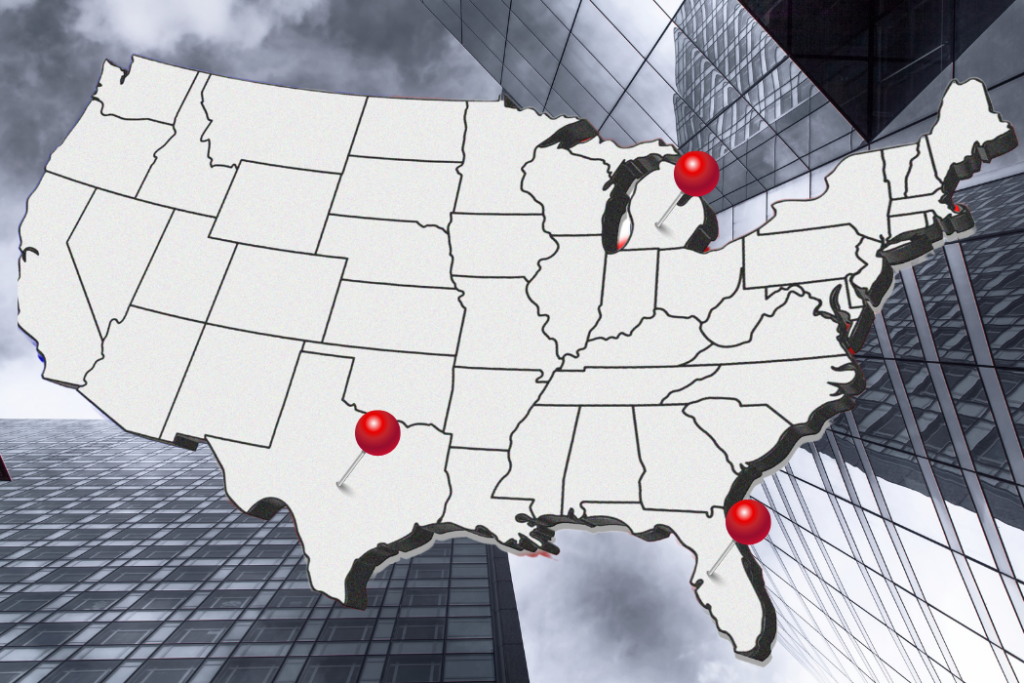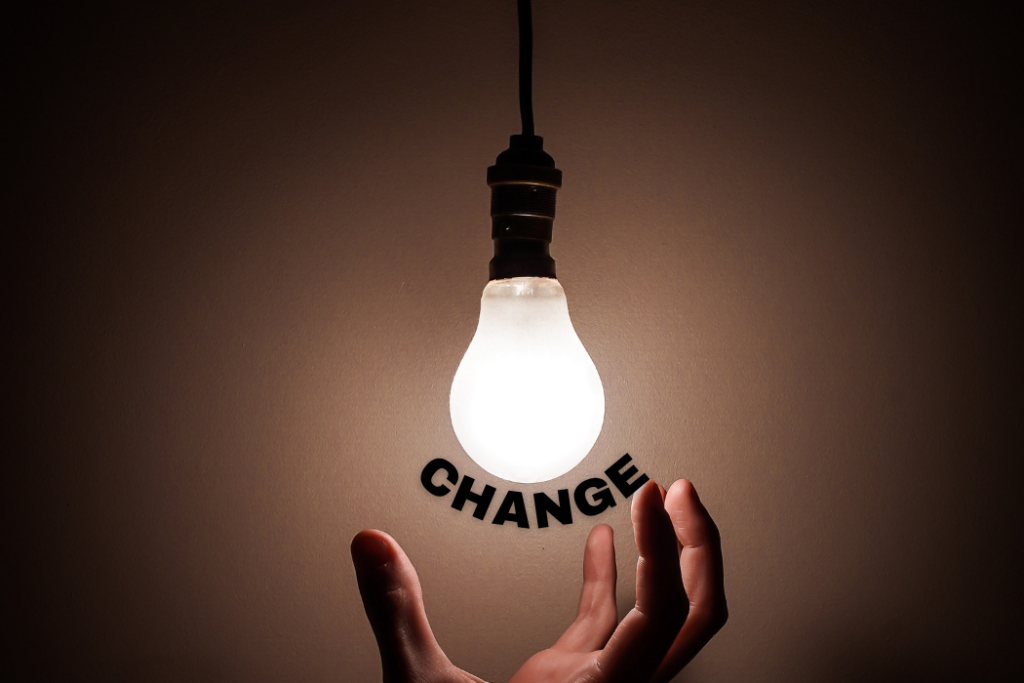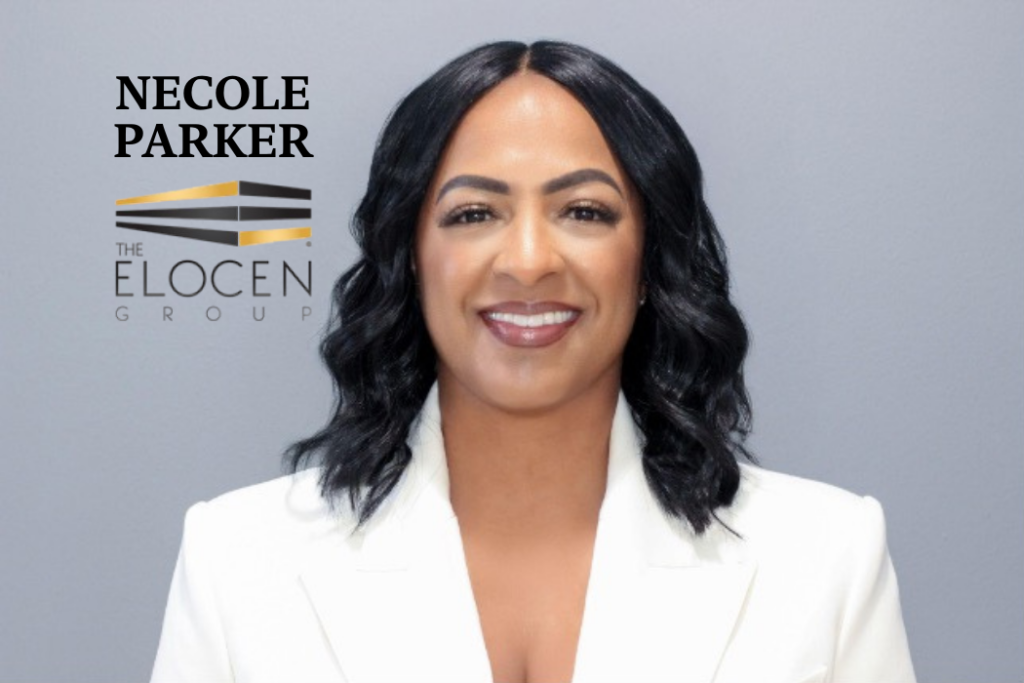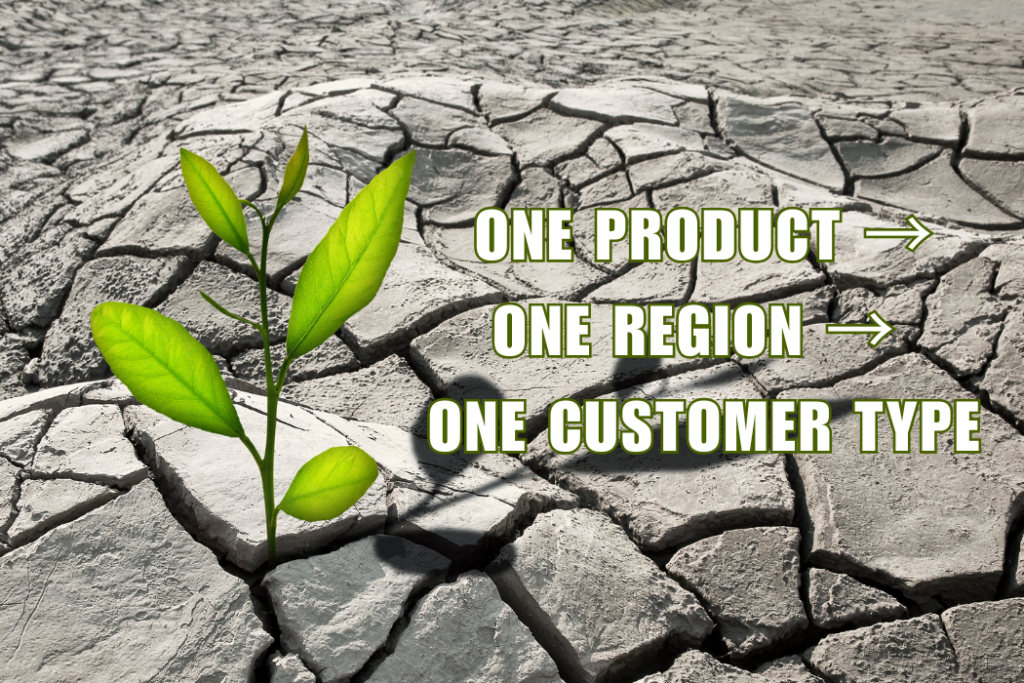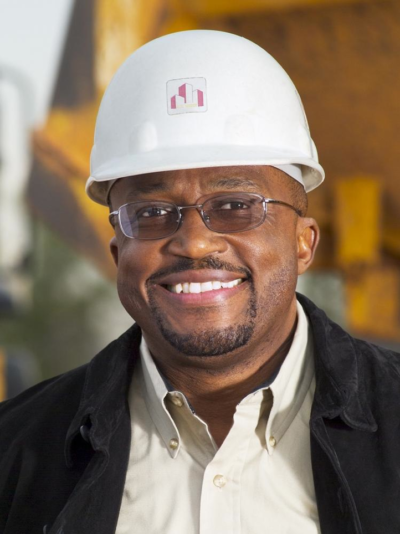
By Curtis Bunn, Urban News Service
C. David Moody’s path to creating one of the nation’s most successful black-owned construction firms began with Legos.
As a child in a Chicago apartment, he loved to build towers out of red and yellow plastic bricks. Today his firm, C.D. Moody Construction, has earned more than $3 billion in contracts. For the past 26 years, he has kept secret a childhood torment that dogged him at every chapter of his life.
Moody graduated from Morehouse College and Howard University, where he earned a Master’s degree. He built his business in Atlanta after working jobs that were not entirely satisfying.
Meanwhile, for more than two decades he hoped, unsuccessfully, that the memory of two sexual assaults allegedly perpetrated by a teenaged boy, who was a family member of his babysitter, would fade away.
They did not. And as Moody built his business, he was haunted by intolerable memories. “I began having panic attacks,” he said. “I tried to hide it. But when you do that, it makes it tougher. You can’t be free [or] you’ll torture yourself.”
Still, he ploughed on. He remained spellbound with the idea of building, starting his professional career in 1981 as an architect at behemoth Bechtel Corporation engineering firm in Reston, Virginia.
And while he appreciated his job, a field assignment altered the arc of his career.
“I volunteered to visit a nuclear power plant,” he recalled, “and that was it. I loved the noise, the action. And it came to me that I would be average at architecture, but great at construction.”
The idea for C.D. Moody Construction Company came in 1988 with ease, building the company did not. The young Moody needed the money and did not have much of it. But with the support of his wife, Karla, he took out a $4,000 loan and caught a lucky break. He won a small contract to help build Underground Atlanta, a mall concept that became one of the city’s most substantial attractions.

Soon, Moody received his first million-dollar contract working on Grady Hospital. Since then, Moody Construction has been a part of some of Atlanta’s elite projects, including Mercedes-Benz Stadium; the Ray Charles Performing Arts Center at his alma mater; Olympic Stadium at Turner Field, the Maynard Jackson International Terminal at Hartsfield Jackson Airport; and the Atlanta History Center, among others.
Through it all, he remained tormented. He calls 1992 as “the worst year of my life.” It was then that the inner tumult became overbearing. “I had a breakdown,” he said. His sleep was interrupted by images. He had panic attacks in his car. After decades of holding in his secret in, he told Karla, his wife of 37 years.
A registered nurse, Karla was “shocked” and recommended therapy. Moody was soon diagnosed with post-traumatic stress disorder.
He said he was in therapy twice, the last time for two years. All the while, he maintained a business that grew as it won more and more prominent jobs in Atlanta. But while he shared his past with his wife and their two children, once they were old enough to understand, he kept it from everyone else. He especially kept his secret from business partners.
“I was afraid they wouldn’t want to do business with me,” he said, adding he thought potential partners would be concerned with his “mental state.”
Then, in 2012, as a panelist during an Operation PUSH event, Moody felt hopelessness among the young audience. He suddenly did what he had considered unthinkable for much of his life: He spoke publicly about his abuse.
His point: I am a sexual abuse survivor. If I can make it, you can, too.
That moment sparked another chapter in Moody’s life. He became an outspoken advocate for sexually abused children, often speaking in public about his life and creating MoodySpeaks.com, a blog for survivors to tell their stories.

Every nine seconds, a child is sexually assaulted in America, according to the Rape, Assault and Incest National Network, a non-profit based in Washington, D.C.
“Many survivors fall into destructive lifestyles to hide the pain,” Moody wrote in one of his blogs.
That’s why he speaks up. “I had my wife and God (as support),” he said, “and my parents, mentors and football coach. . . You need support.
“Many survivors need to know there are people there for them. That’s why I speak up.”
It’s also why he wrote the book, “Fighting Through The Fear: My Journey of Healing From Child Sexual Abuse.”
“When I came along, I didn’t see anyone who looked like me in this business,” he said. “There is a great shortage of craftsmen. It’s a business where you can make a lot of money and do something important. What I love is every project is different, and yet all of them are special because I never dreamed I would build such special places.”
And there was a time that he did not expect to live in peace. “All because I spoke out in 1992 and freed myself,” he said. “I want that for other survivors…internal peace… It’s what I want for every survivor.”



